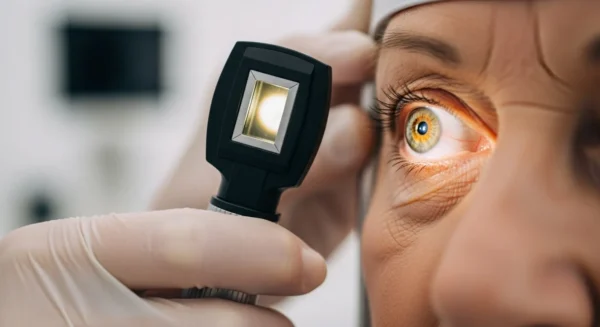
Frequently Asked Questions
1. Will applying for a new credit card hurt my credit score?
Applying for a new card typically results in a “hard inquiry” on your credit report, which can cause your score to dip by a few points temporarily. However, this effect is minor and short-lived. Over the long term, using the card responsibly—by making on-time payments and keeping your balances low—will have a positive impact on your credit score by demonstrating a healthy credit history.
2. I’m on a fixed income. Are rewards cards really for me?
Absolutely. In fact, they can be even more valuable for someone on a fixed income. Since your budget is carefully planned, earning 2% to 5% back on essential purchases you already make, like groceries and prescriptions, is like giving yourself a small but consistent raise. It’s not about spending more; it’s about getting more value from the money you already spend.
3. Is it better to get cashback or travel points?
This depends entirely on your lifestyle. For most seniors, cashback is the superior choice because of its simplicity and flexibility. It can be used for anything, from lowering a bill to adding to savings. Travel points can offer higher value per point, but only if you travel regularly and are willing to navigate the complexities of airline and hotel loyalty programs. If you don’t travel at least a few times a year, stick with cashback.
4. How many credit cards should I have in retirement?
Simplicity is often the best policy in retirement. For most people, one or two well-chosen cards are more than enough. A great combination is a simple flat-rate 2% cashback card for all miscellaneous purchases, paired with a second card that offers a high reward rate (e.g., 3-5%) in your single biggest spending category, such as groceries.
5. What if I want to use cash or my debit card?
Using cash or a debit card is perfectly fine, but it’s important to know what you’re giving up. Credit cards offer superior fraud protection. If your credit card number is stolen and used fraudulently, you are typically not liable for any of the charges. If your debit card is compromised, the money is taken directly from your checking account, and it can be a much longer and more stressful process to get it back. Plus, with a debit card or cash, you are earning zero rewards on your purchases.
For official information on Social Security and Medicare, visit SSA.gov and Medicare.gov. Federal tax information is at the IRS.
Disclaimer: This article is for informational purposes and is not a substitute for professional financial or tax advice. Consult with a certified financial planner or tax professional for guidance on your specific situation.















